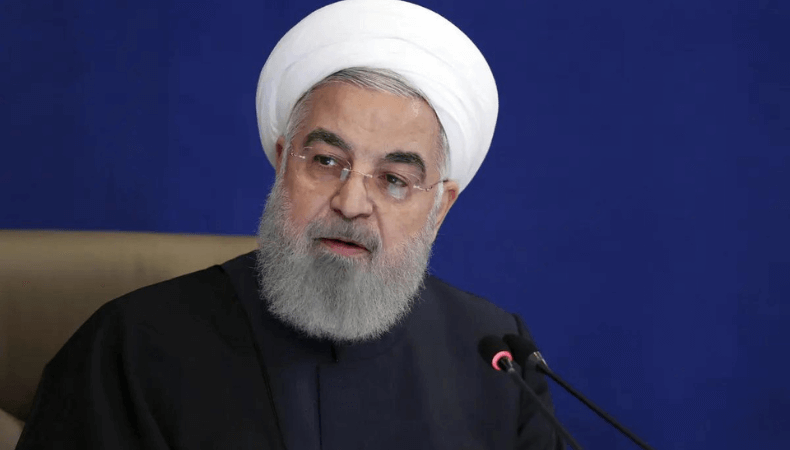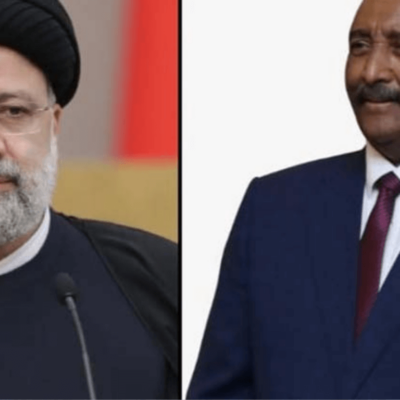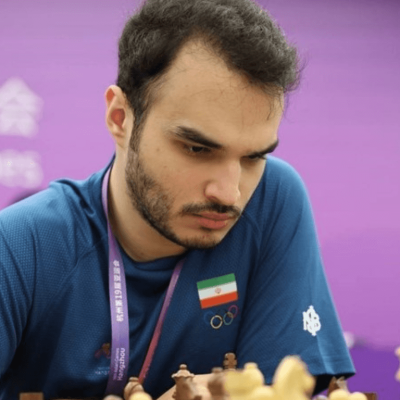Hassan Rouhani’s Disqualification: A Blow to Iran’s Centrist Forces

In a surprising turn of events, Iran’s former president, Hassan Rouhani, has been disqualified from the Assembly of Experts, the elected council responsible for choosing the next supreme leader. This move, orchestrated by the Guardian Council, a constitutional watchdog dominated by hardliners, poses a significant setback for the country’s centrist forces.
Hassan Rouhani, who served as Iran’s president for eight years until 2021, staked his political future on a nuclear accord with world powers in 2015. The subsequent failure of the deal, regarded as a national disgrace by hardliners, led to his disqualification. The Guardian Council, without providing a clear reason, rejected Rouhani’s application to stand for re-election in the 88-member Assembly of Experts.
Implications for Centrist Forces
Rouhani’s absence from the ballot has alarmed pro-reform forces, considering him a figure who could exert influence in the leadership selection process. However, some reformists argue that even if Rouhani had been allowed to run, political apathy and the public perception that change is unlikely through the ballot box would have hindered his chances.
Supreme Leader Succession
The Assembly of Experts gains added significance in the upcoming vote on March 1, as the current supreme leader, Ayatollah Ali Khamenei, is 84 years old. In the event of Khamenei’s passing during the next eight years, this assembly would play a pivotal role in selecting his successor. President Ebrahim Raisi, the hardliner who succeeded Rouhani, is expected to be cleared to run for the assembly.
Potential Reversal and Election Dynamics
While hardliners maintain a firm grip on the Guardian Council, Khamenei has called for an inclusive election, hinting at a more open slate of candidates. This public stance raises the possibility that he could use his ultimate power to reverse Rouhani’s disqualification.
Rouhani has previously sat in the Assembly of Experts for three consecutive terms since 1999, including his time as president. Khamenei emphasized the importance of representation from various political groups in elections, suggesting a more inclusive approach.
Keep Reading
Upcoming Parliamentary Polls
Iran is set to hold parliamentary polls concurrently with the Assembly of Experts election on March 1. The initial approval of only 30 reformist and moderate candidates out of about 11,000 has raised concerns among reformists. A reassessment of disqualifications is pending, and the outcome could significantly impact voter participation.
Before his disqualification, Rouhani used a rare public speech to accuse hardliners of seeking absolute power by excluding opponents. He stressed the importance of a free and fair election, criticizing hardliners for minimizing voter turnout in their pursuit of dominance.
“I know the ruling minority favors neither a maximum turnout nor competition. Rather, they want voter apathy so the same minority can prevail,” Rouhani stated.
Conclusion
In the complex landscape of Iranian politics, Rouhani’s disqualification adds a layer of uncertainty. As the nation prepares for crucial elections, the exclusion of a prominent figure like Rouhani from the Assembly of Experts raises questions about the direction of Iran’s leadership and the dynamics between centrist and hardline forces.






